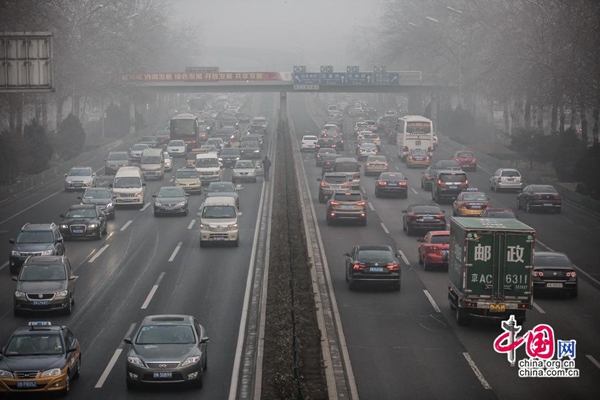Visit to Papua New Guinea and India
My first official visits to Papua New Guinea and India will focus on trade, security, economic growth and education.
I will spend 7-9 April in Papua New Guinea and 9-12 April in New Delhi and Mumbai.
During my time in PNG, I will meet with Prime Minister Peter O’Neill and visit the Kokoda Track to commemorate the 75th Anniversary of the New Guinea Campaign in World War Two.
The visit is an opportunity to build upon our bilateral economic relationships in the Pacific, and will involve multiple business events, including a joint Australia-PNG Entrepreneur and Innovation Showcase.
I look forward to reflecting on our strong shared history, and cementing the special relationship with our neighbour.
In New Delhi, Prime Minister Narendra Modi and I will discuss the enormous opportunities for collaboration between Australia and India.
With converging political, economic and strategic interests, we will use the meeting to strengthen our relationship even further for the benefit of both nations.
India is the world’s fastest growing major economy. Two-way trade exceeded $19 billion in 2015-16 and there is scope for significant growth.
With the Minister for Education and Training, Senator the Hon Simon Birmingham, I will address a dinner to celebrate our partnership in education, recognising how Australian expertise in skills training can help India to meet its goal of training 400 million people by 2022.
In Mumbai, meetings with leading Indian CEOs and business people will focus on growing two-way trade and investment. Australian energy and resources are helping to power India’s growth, while our collaboration on innovation and technology will open new business opportunities in the future.
Australia is home to a vibrant Indian community which makes a significant contribution to the fabric of our multicultural society. It provides a vital bridge between our two countries, and this visit will ensure that the ties between India and Australia become even stronger.
